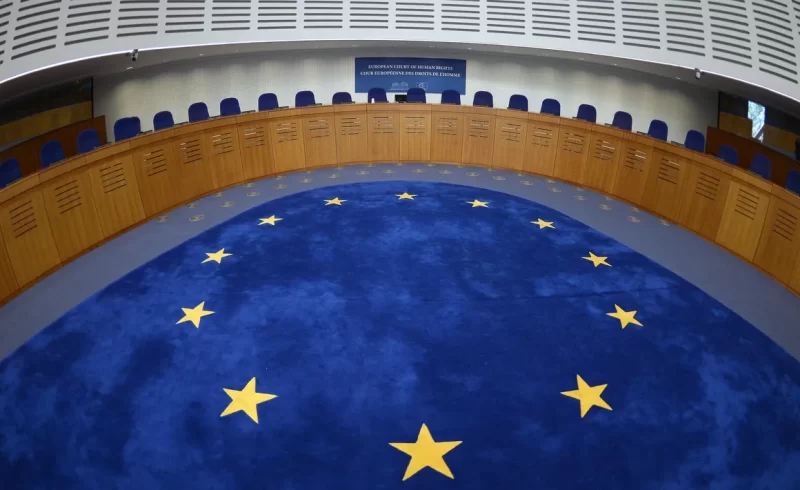
European Court of Human Rights finds Greece to be in violation of Article 8 of the ECHR in the case of Syrianos v. Greece



According to Article 8 (the right to respect for private and family life) of the European Convention on Human Rights (hereafter the ECHR), “1. Everyone has the right to respect for his private and family life, his home and his correspondence. 2. There shall be no interference by a public authority with the exercise of this right except such as is in accordance with the law and is necessary in a democratic society in the interests of national security, public safety or the economic well-being of the country, for the prevention of disorder or crime, for the protection of health or morals, or for the protection of the rights and freedoms of others.”
On October 7, 2021, the decision of the European Court of Human Rights (hereafter ECtHR) in the case Syrianos v. Greece (appeal no. 49529/12) was published, recognizing that Greece had violated Article 8 of the ECHR. (See the decision as posted in the HUDOC database here, and the ECtHR press release here.)
The case concerns the disciplinary penalties (such as detention in solitary confinement and transfer to another detention facility due to disobedience) imposed on the applicant for refusing to undergo strip-searches in Diavata Prison (Thessaloniki) and Nigrita Prison (Serres), where he was held in pretrial detention.
Pursuant to Articles 3 (prohibition of inhuman or degrading treatment) and 8 of the Convention, the applicant complained about the disciplinary penalties imposed on him each time he refused to obey an order by the prison authorities to undress and undergo an anal inspection. The ECtHR considered that the applicant’s allegations should be examined only under Article 8 of the Convention and noted that this case did not concern the physical searches themselves, but the fourth disciplinary penalty imposed on the applicant for refusing to submit to the examinations, namely his transfer to another detention facility.
Respect for fundamental rights is one of the key components of a state that is governed by the rule of law. The fundamental rights that every citizen should enjoy are enshrined in the European Convention on Human Rights.
It is a primary and indisputable obligation of the state to respect these rights. In this case, however, the European Court of Human Rights found that the applicant’s rights had been violated, considering that the disciplinary penalty imposed on him after his refusal to undergo a strip search constituted an interference with his right to a private life, without justification under paragraph 2 of Article 8.
As such, Greece was found to be in violation of Article 8 of the ECHR.
Bank Account number: 1100 0232 0016 560
IBAN: GR56 0140 1100 1100 0232 0016 560
BIC: CRBAGRAA
![]()
In a time where the very foundations of democracy are gradually being eroded by the rise of extreme nationalism, alt-right movements, the spread of disinformation and corporate capture, the efforts of organisations such as Vouliwatch are more relevant than ever.
We rely on the generosity of each and every one of you to continue with our efforts for more transparency and accounta
By financially supporting Vouliwatch you support our litigation strategy, our campaigns for transparency and accountability in the political system, the development of new civic tech tools, our research projects and last but not least our impartial and accurate